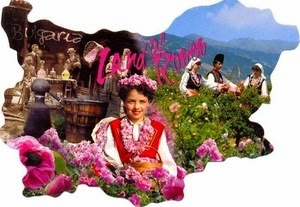Free online introductory course in linguistics - sign up now
Go get your first taste of linguistics with this nice new free online course! There's a new course on coursera (online platform for good free distance courses) in linguistics! The course is led by prof Marc van Oostendorp and is called "Miracles of Human Language: An Introduction to Linguistics"*. It's from the University of Leiden in the Netherlands and very interesting! It takes 5 weeks of 4-6 hours per week, it's free (no fees anywhere), all material and readings are provided online for free and in general it looks like a very well organised and interesting introductory course. The course will also feature videos from informants speaking foreign languages which you will analyse! If there was ever a good opportunity to try out a little bit of linguistics for the first time - this is the one! As all y'all probably know there are also linguistics lectures that you can watch online. For example: the NativLang-channel , Ling Space, MIT linguistic...





